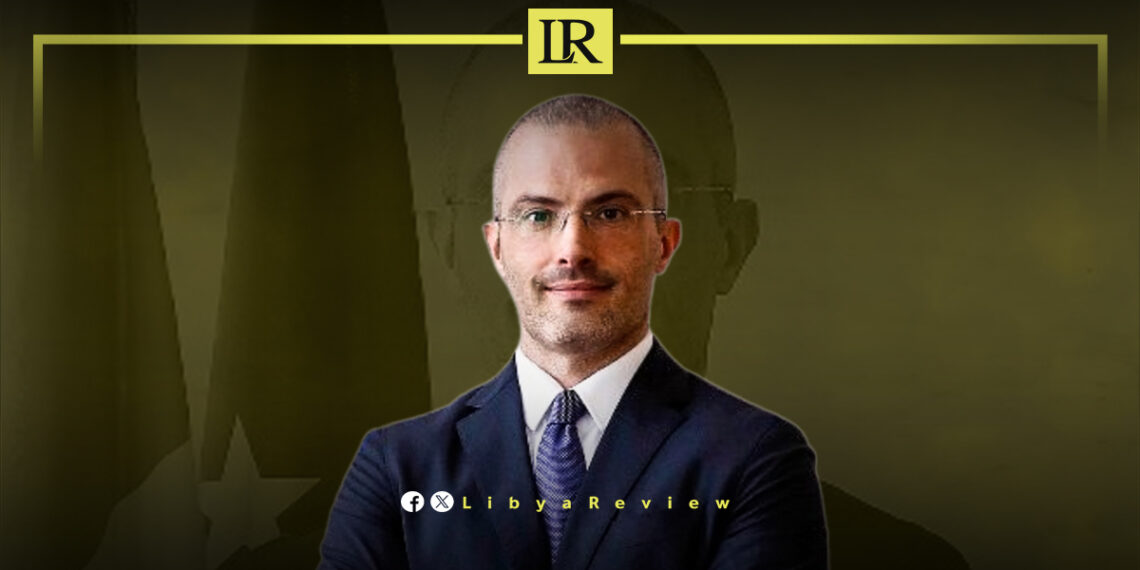On Tuesday, the European Union Ambassador to Libya, Nicolas Orlando, expressed his strong support for the recent appointment of a new governor and deputy governor for the Central Bank of Libya (CBL). He described the move as a significant achievement, resulting from a political settlement facilitated by the United Nations Support Mission in Libya (UNSMIL) between the House of Representatives and the High Council of State.
In a tweet posted on his official X (formerly Twitter) account, Orlando emphasized that the restoration of governance, independence, and accountability within the Central Bank is an urgent priority. He also stressed the importance of appointing a qualified technocratic leadership, including the CBL’s Board of Directors, as a crucial step towards rebuilding trust in the institution and safeguarding Libya’s economic and financial stability.
Orlando highlighted that the appointment of new leadership for the CBL is a key turning point for Libya’s future, as it paves the way for better management of the country’s wealth and revenue streams. The ambassador expressed optimism that the agreement will lead to further advancements in ensuring transparent and accountable governance over Libya’s financial resources, ensuring that the benefits reach citizens across the entire country.
In his statement, Orlando also underscored the need for the immediate resumption of oil and gas production, stressing that it is essential for fostering sustainable development, economic growth, and shared prosperity for all Libyans. The ambassador’s remarks underline the vital role that the oil and gas sector plays in driving Libya’s economy, which has been battered by years of conflict and political instability.
Orlando reaffirmed the European Union’s commitment to supporting Libya’s progress towards unity, stability, and long-term prosperity. He stressed that the EU is prepared to assist Libya in its efforts, with the United Nations playing a key facilitation role. Orlando also noted that the EU is co-chairing the Economic Working Group for the Berlin Process, which aims to help Libya achieve sustainable economic recovery and governance reforms.
The Berlin Process has been an essential multilateral framework focused on stabilizing Libya, fostering dialogue between rival factions, and ensuring that the country’s resources are managed effectively for the benefit of all citizens. The process also emphasizes international cooperation to protect Libya’s wealth and use transparently.
Libya’s oil and gas resources are crucial to its economic recovery, as they represent the government’s primary revenue source. However, repeated disruptions to production due to political instability and armed conflict have severely hampered the country’s ability to generate income and invest in public services and infrastructure.


